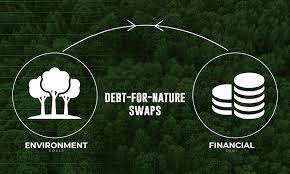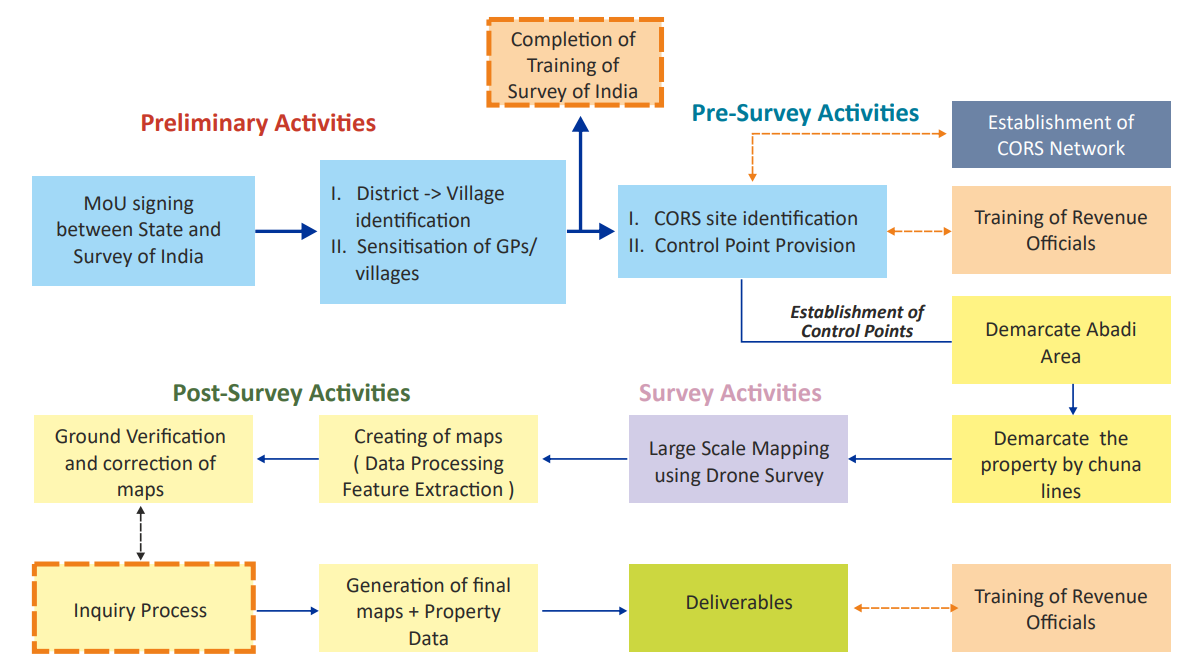COP28
Why in News
The 2023 United Nations Climate Change Conference or Conference of the Parties of the UNFCCC, more commonly referred to as COP28,[1] is the 28th United Nations Climate Change conference, being held from 30 November until 12 December 2023 at Expo City, Dubai.
• The conference has been held annually since the first UN climate agreement in 1992.
• The COP conferences are intended for governments to agree on policies to limit global temperature rises and adapt to impacts associated with climate change.
When and where is COP28?
• The 28th annual UN climate change conference will be held from November 30 to December 12 in Dubai, UAE.
• The conference will include talks and interactive sessions about the future of climate action. It will also feature talks from political, environmental and scientific leaders.
What does COP 28 stand for?
• COP 28 stands for the 28th meeting of the Conference of the Parties (COP) to the UNFCCC. The "parties" are the countries that signed up to the original UN climate agreement in 1992.
What is COP 28's theme and agenda?
• The main objective of Cop every year is to review and assess the implementation of the United Nations Framework Convention on Climate Change (UNFCCC) terms, the Paris Agreement, and the Kyoto Protocol. The latter is a binding treaty agreed in 1997 for industrialised nations to reduce greenhouse gas emissions.
• At Cop28, member states negotiate while also facing their first Global Stocktake (GST). This refers to a scorecard that analyses countries’ progress towards the Paris Agreement, with the goal of sparking actionable objectives for climate action plans due in 2025.
Additionally, Cop28 will focus on four themes:
• Fast-tracking the energy transition: a focus on renewable energy, as well as food and agricultural systems.
• Climate finance solutions: aims to prioritise the Global South in adaptation finance and help vulnerable communities rebuild after climate disasters.
• Nature, people, lives, and livelihoods: geared towards food systems, nature-based solutions, and protecting against extreme weather events and biodiversity loss.
• Inclusivity in climate management: a focus on youth involvement and improved communication between different sectors and agencies.
Will COP28 make any difference?
• Critics of previous COPs, including campaigner Greta Thunberg, accuse the summits of "greenwashing" - where countries and businesses promote their climate credentials without making the changes needed.
• But as world leaders gather, the summits offer the potential for global agreements that go beyond national measures.
• For example, the 1.5C warming limit, agreed in Paris at COP21, has driven "near-universal climate action", according to the UN.
• This has helped bring down the level of warming the world can expect - even though the world is still not acting at anywhere near the pace needed to achieve the Paris goals.



.jpg)
.jpg)
.jpg)
.jpg)
.jpg)
.jpg)

23.jpg)



